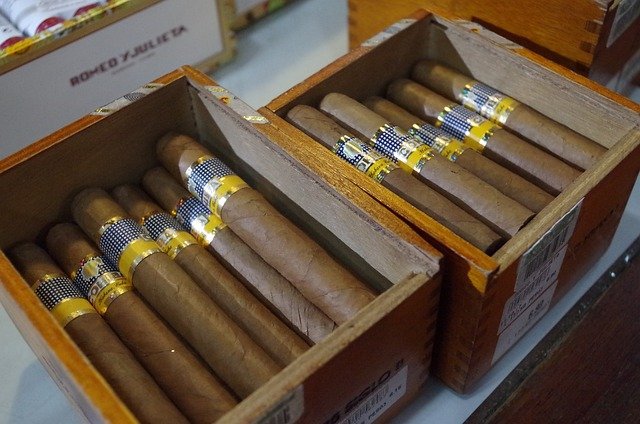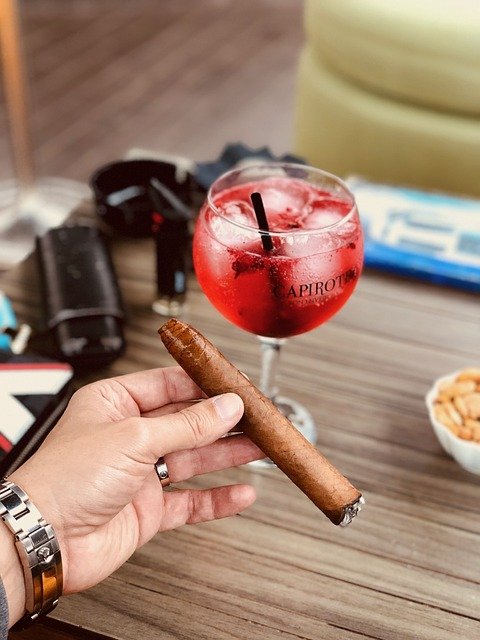Cuban cigars, often regarded as the epitome of luxury smoking products, have a reputation that precedes them globally. In this article, we delve into the world of Cuban cigars, exploring various facets from their production to their legal status around the world.
What Are Cuban Cigars?
Cuban cigars are premium cigars made in Cuba from tobacco grown within the country. The unique climate and soil conditions of the island contribute to the distinctive flavor and high quality of these cigars, making them highly sought after by connoisseurs.

History of Cuban Cigars
The history of Cuban cigars dates back to the time of Christopher Columbus, who introduced tobacco to Europe. Over the centuries, Cuban cigars have become a symbol of sophistication and luxury.
How Cuban Cigars Are Made
The process of making a Cuban cigar involves several steps including growing, harvesting, curing, fermenting, and rolling the tobacco leaves. This meticulous process is what gives the cigars their unique qualities.
Major Cuban Cigar Brands
Some of the most famous brands include Cohiba, Montecristo, and Partagás. Each brand has its own unique blend and aging process, contributing to a diverse range of flavors and strengths.
Why Are Cuban Cigars Considered Special?
Cuban cigars are celebrated for their supreme quality and craftsmanship. The controlled environment and the traditional techniques used in their production ensure a product that’s hard to replicate elsewhere.
Legal Status of Cuban Cigars in the USA
The importation of Cuban cigars into the United States has been illegal for most consumers since the Cuban embargo was instated in 1962. However, recent changes have allowed limited importation under specific circumstances.
Read More: Why Are Cuban Cigars Illegal in the US? (And Everything You Need to Know)
Where Are Cuban Cigars Legal?
Outside of the United States, Cuban cigars are legally sold and enjoyed in many countries around the world, including Canada, the United Kingdom, and throughout Europe.
Controversies and Legal Issues
The legality of Cuban cigars stems from political and economic sanctions, particularly by the USA against Cuba. The embargo is a response to political disagreements, affecting the trade of these luxury items.
Collecting Cuban Cigars
Collecting Cuban cigars can be a rewarding hobby. Collectors often seek limited edition and vintage cigars, which can appreciate in value over time.
Future of Cuban Cigars
The future of Cuban cigars may be influenced by political changes, economic conditions, and the evolving preferences of tobacco consumers worldwide.
Conclusion
Cuban cigars remain a symbol of luxury and refinement in the tobacco industry. Despite legal challenges, particularly in the United States, their popularity and mystique continue to captivate aficionados around the globe. As regulations evolve, the accessibility of Cuban cigars may change, potentially opening up new markets and opportunities for enthusiasts.
This comprehensive look at Cuban cigars not only highlights their rich heritage and production excellence but also addresses the complex legal landscape that surrounds them. Whether you’re a seasoned smoker or a curious newcomer, understanding these aspects can enhance your appreciation of what many consider the gold standard in cigars.

